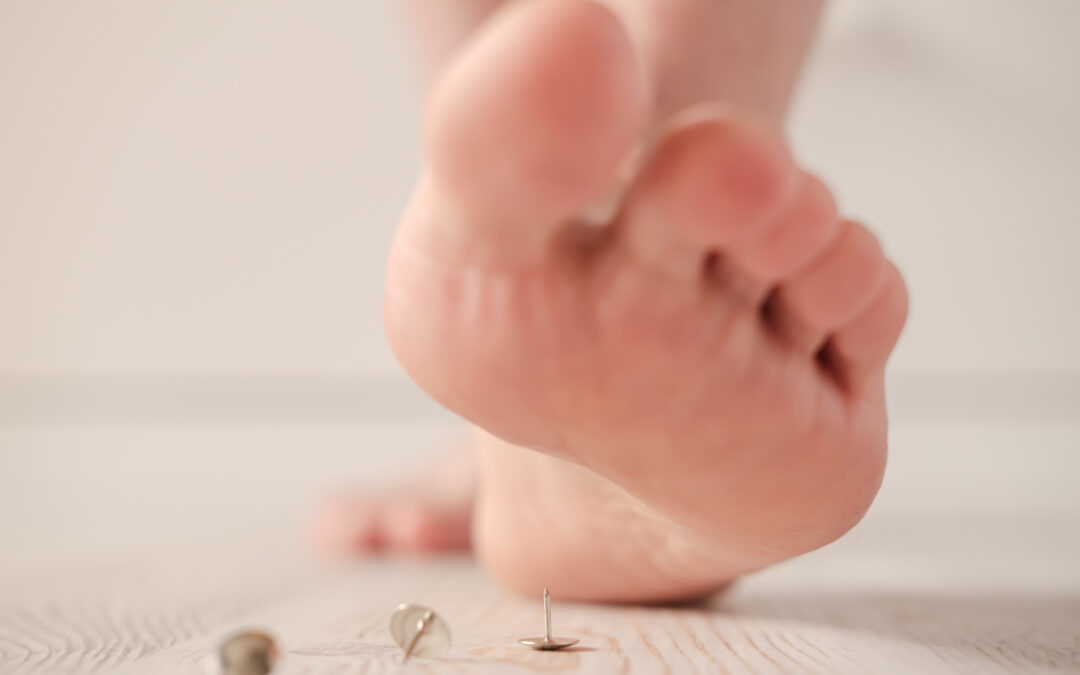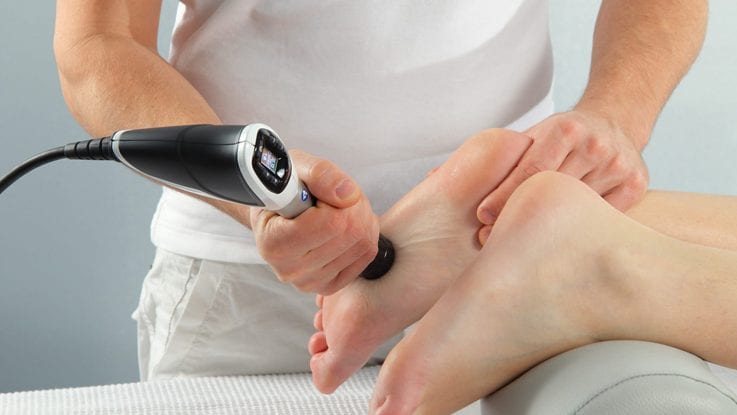May is NEUROPATHY Awareness Month
In this post we’ll provide you with some answers to common questions about Peripheral neuropathy and our customized treatment protocol that has proven to be effective at treating the disease.
Facts about neuropathy you may not know.
Neuropathy, or more precisely, Peripheral neuropathy, is a medical condition that affects the peripheral nervous system, causing damage to the nerves that transmit information between the brain and other parts of the body. Here are some interesting facts about neuropathy that many people may not know:
- Neuropathy can affect any nerve in the body, including those that control muscle movement, sensation, and autonomic functions such as blood pressure and digestion.
- Neuropathy is often associated with conditions such as diabetes, chemotherapy, alcoholism, and autoimmune diseases. However, it can also be caused by physical injuries, infections, and exposure to toxins.
- The symptoms of neuropathy can vary widely depending on the type and location of the affected nerves. Some people may experience numbness or tingling in the hands or feet, while others may have muscle weakness, pain, or difficulty with coordination.
- While there is currently no cure for neuropathy, there are treatments that can help manage the symptoms and slow the progression of the disease. These may include medications, physical therapy, and lifestyle changes such as maintaining a healthy diet and exercising regularly.
- In some cases, neuropathy can lead to complications such as foot ulcers, infections, and falls, which can be serious or even life-threatening. It’s important for people with neuropathy to work closely with their healthcare providers to manage their condition and prevent complications.
Am I at risk for neuropathy?
Neuropathy is a common condition that affects people of all ages and backgrounds. According to the National Institute of Neurological Disorders and Stroke, approximately 20 million people in the United States have some form of peripheral neuropathy.
The prevalence of neuropathy increases with age, and it is more common in older adults. Other risk factors for neuropathy include:
Diabetes: About half of people with diabetes will develop some form of neuropathy.
Alcoholism: Long-term heavy alcohol use can cause nerve damage and lead to neuropathy.
Autoimmune diseases: Conditions such as lupus, rheumatoid arthritis, and Guillain-Barre syndrome can cause nerve damage and lead to neuropathy.
Chemotherapy: Certain types of chemotherapy drugs can cause nerve damage and lead to neuropathy.
Infections: Viral or bacterial infections such as HIV, Lyme disease, and shingles can cause nerve damage and lead to neuropathy.
Neuropathy can affect people of any race or ethnicity, but some studies have suggested that certain groups may be at higher risk. For example, one study found that African Americans with diabetes had a higher risk of developing neuropathy than non-Hispanic whites with diabetes.
Overall, neuropathy is a widespread condition that can affect anyone, but certain demographics may be more susceptible to developing the condition due to underlying risk factors.
What kind of lifestyle changes can I make to manage my symptoms?
If you have neuropathy, making certain lifestyle changes may help you manage your symptoms and slow the progression of the disease. Here are some lifestyle changes that may be helpful:
Eating a healthy diet: A well-balanced diet that includes plenty of fruits, vegetables, whole grains, and lean protein can help support nerve health and reduce inflammation. Avoiding processed foods, sugary drinks, and excess alcohol can also be beneficial.
Exercising regularly: Regular exercise can improve circulation, strengthen muscles, and help reduce nerve pain. Low-impact activities such as walking, swimming, and yoga may be particularly helpful.
Maintaining a healthy weight: Excess weight can put additional strain on the nerves and worsen neuropathy symptoms. Losing weight through diet and exercise may help improve symptoms and slow the progression of the disease.
Avoiding smoking: Smoking can damage nerves and worsen neuropathy symptoms. Quitting smoking may be beneficial for overall health and may help reduce symptoms.
Managing stress: Chronic stress can exacerbate neuropathy symptoms. Finding ways to manage stress, such as through relaxation techniques, mindfulness, or therapy, may be helpful.
It’s important to note that lifestyle changes alone may not be enough to manage neuropathy, and medical treatment may also be necessary.
At West Coast Podiatry Center our team of experienced doctors will work with you to develop a comprehensive treatment plan that addresses your individual needs.
What are the long term outcomes of treating neuropathy?
The long-term outcomes of treating neuropathy depend on several factors, including the underlying cause of the neuropathy, the severity of the nerve damage, and the effectiveness of the treatment. However, in general, treating neuropathy can help manage symptoms, slow the progression of the disease, and prevent complications.
Here are some potential long-term outcomes of treating neuropathy:
Improved quality of life: By managing symptoms such as pain, tingling, and numbness, people with neuropathy may experience an improvement in their quality of life. This can include better sleep, improved mobility, and the ability to engage in activities they enjoy.
Slowed progression of the disease: Depending on the underlying cause of the neuropathy, treatment may be able to slow the progression of nerve damage. For example, controlling blood sugar levels in people with diabetic neuropathy may help slow the damage to the nerves.
Prevention of complications: Neuropathy can lead to complications such as foot ulcers, infections, and falls. By treating neuropathy and managing symptoms, people may be able to prevent these complications and reduce their risk of serious health problems.
Improved overall health: Lifestyle changes such as exercising regularly, maintaining a healthy diet, and quitting smoking may be beneficial for overall health and may help prevent other health problems in addition to neuropathy.
It’s important to note that the long-term outcomes of treating neuropathy can vary widely depending on individual circumstances, and some people may not experience a complete resolution of their symptoms. However, working closely with our team at West Coast Podiatry Center to develop a comprehensive treatment plan can help maximize the potential benefits of treatment.
Learn about our customized neuropathy treatment protocol.
At West Coast Podiatry Center we offer specialized treatment protocols that include some of the following products and treatments.
Prescribed Compounded Nerve Supplements
Medical foods can help create a healthy environment to repair injured blood vessels and peripheral nerves — and may help to prevent more damage from occurring
EPAT Shockwave Therapy
An effective noninvasive FDA approved technique used worldwide to safely and effectively treat Peripheral neuropathy. There is little downtime and swift recovery with this technique as EPAT is a non-invasive procedure. There are no complications or side effects from EPAT.




